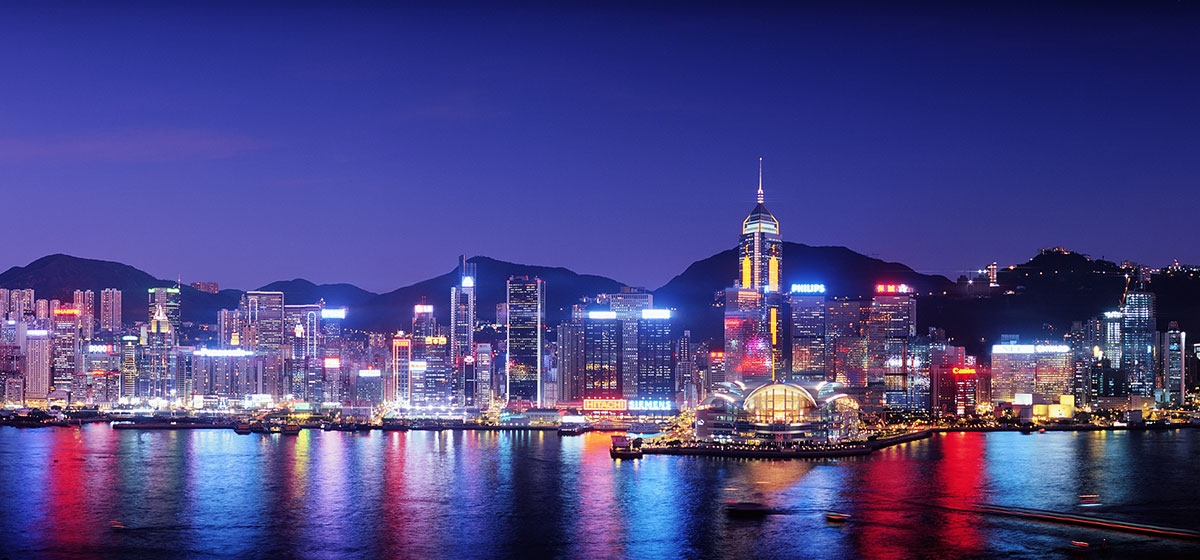The Argument for Containing China

“In the Indo-Pacific region, China wants complete dominance; it wants to force the United States out and become the region’s unchallenged political, economic, and military hegemon. And globally … it wants to be powerful enough to counter Washington when needed.” –Oriana Skylar Mastro, Foreign Affairs
We are talking about how a cold war between China and the West might play out. In other words, how might the West contain China militarily, economically, and diplomatically, in an effort to force Beijing to liberalize, collapse or dwindle away to the point where it no longer threatens democratic societies?
Whenever anyone begins to talk about putting military pressure on China, the appeasers come unglued, muttering darkly about warmongering. But the whole point of a cold war is to prevent a hot war.
If we continue to appease China, war will eventually become inevitable, and when it comes, China will be a lot stronger than it is today. The only other option is to surrender—to become complicit in allowing a totalitarian despotism to become the world’s dominant country. Cold War II is a far better choice.
Containing China Militarily
There is simply no comparison between the military strength of the U.S. and that of China. This is true in every category of military asset, although in some sectors (medium range missiles, for example), China approaches parity.
When you compare the ability of the U.S. and China to project power far from their own borders, the mismatch is even more extreme. Add in the military strength of America’s allies, especially India, France, the U.K. and Japan, and the West’s advantage is overwhelming.
Meanwhile, if your main allies are North Korea, Cuba, and Venezuela, you are in deep trouble.
That said, in the part of the world where a hot war is most likely to happen – Asia – China has many advantages. Its main advantage is proximity – China’s inability to project its power is far less important if it’s only being projected a few hundred miles offshore.
And China has massive manpower – close to four million active and reserve soldiers and sailors, versus fewer than two million for the U.S. On the other hand, the Peoples Liberation Army last saw combat way back in 1976, when China invaded Vietnam, its ancestral enemy. (The Chinese quickly retreated back behind their own borders.)
Thus, even the Chinese have no idea how their troops will behave in combat, how the lines of command will work, whether their military hardware will operate as advertised, whether the strategies devised on paper will be effective when the shooting starts.
Meanwhile, say what you will about America’s nearly endless wars, the fact remains that our soldiers are battle-hardened and our commanders are deeply experienced in almost every kind of warfare.
Despite the West’s huge military advantage, over the decades China has concluded that it can seize any territory it wishes and the West will sit idly by. The PLA invaded Tibet in 1950 and the Dalai Lama has lived in exile in India since 1959. Nepal is run by a Communist government that pays homage to Beijing.
China claims sovereignty over the entire South China Sea, ignoring the claims of Indonesia, Taiwan, the Philippines, Vietnam, Brunei and Malaysia. In 2016, acting on a claim filed by the Philippines, the United Nations rejected China’s claim to the Spratly Islands, ruling that there was “no legal basis for China to claim historic rights” in the area. China ignored the UN.
Worst of all, the West has simply handed millions of people over to China without a fight, including Hong Kong (by the UK in 1997, after 156 years of British rule) and Macau (by Portugal in 1999, after 442 years of Portuguese rule). The People’s Republic is only 70 years old.
Poor Taiwan, a free market democracy, has been abandoned by the West in an attempt to curry favor with Beijing. Although President Xi has claimed that “China must be, and will be reunified,” the fact is that Taiwan was never part of China from its early settlement by aborigines right up until the Qing Dynasty (the most recent dynasty before the People’s Republic).
After Japan’s surrender at the end of World War II, Chiang Kai-shek and his followers fled to Taiwan and proclaimed the Republic of China. Taiwan was never, therefore, part of the People’s Republic. You can’t reunify what was never unified.
Although Taiwan was a founding member of the United Nations, in 1971 it was unceremoniously booted out. China refuses to have diplomatic relations with any country that recognizes Taiwan, and so, out of all the countries in the world, only 16 recognize Taiwan as a legitimate country—not including the U.S. China refuses to participate in any international body that recognizes Taiwan, so Taiwan is frozen out of virtually every international organization.
What has happened to the unfortunate populations in Nepal, Tibet, Macau and Hong Kong is, unfortunately, “water over the damned.” No one is going to go to war to free them.
That said, the West needs to draw a bright red line around China’s current territory and make it very clear that that line marks the end of Chinese expansionism. If we went to war in Iraq and Afghanistan, which certainly didn’t pose existential threats, we most certainly should be prepared to go to war halt the expansion of totalitarian China.
Assuming that we can stop alienating our natural allies, the world will be with us. Last year a Pew poll showed that, whatever complaints people had about the U.S., 63 percent preferred a world dominated by the U.S., while only 19 percent (mostly American professors, I would guess), preferred a world dominated by China.
On the other hand, wearied by America’s misadventures in Iraq and Afghanistan, only 32 percent of the U.S. public believes that limiting China’s military power should be a priority (2018 Pew poll). We have a lot of educating to do before it’s too late.
Fortunately, U.S. allies are powerful while China is surrounded by enemies ancient (e.g., Vietnam) and modern (e.g., Australia), to say nothing of India, Japan, South Korea, etc., etc. If China can be contained militarily, that will leave Beijing to compete only on the economic and diplomatic fronts. We’ll begin to look at those issues next week.
Next up: Cold War II, Part 7





